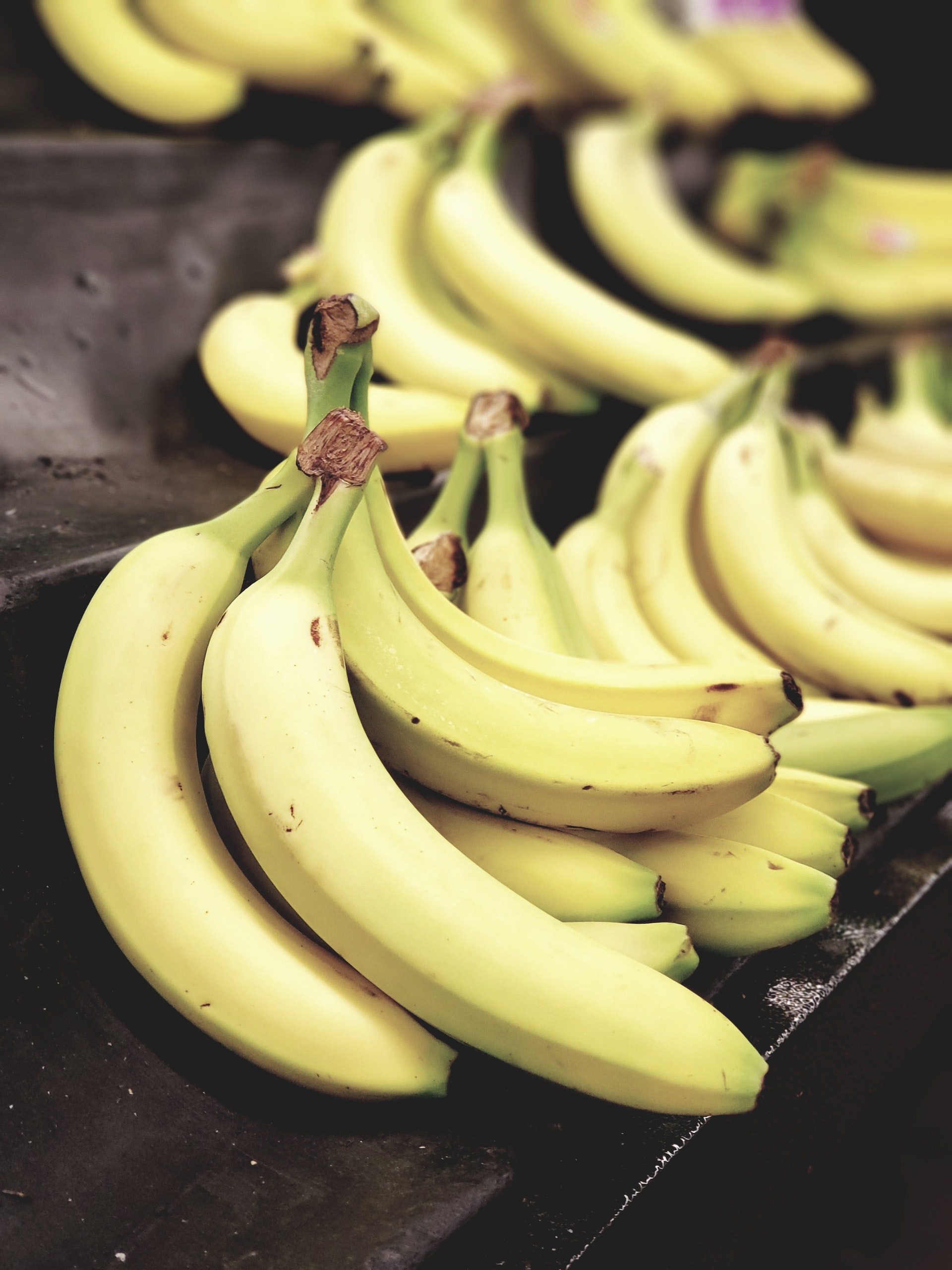
MANILA — The country’s top banana growers and exporters are calling on both the South Korean and Philippine governments to immediately resolve stalemate on the proposed reduction of tariff rates on banana shipments.
The Pilipino Banana Growers and Exporters Association Inc. (PBGEA) urged Manila and Seoul to work on the speedy end to the issue of very high import tariffs imposed on Philippine bananas.
The negotiations between the Philippines and Korea have been on a stalemate as Korea insists on greater market access for its automotive exports to the Philippines in exchange for a lower if not zero tariffs for Philippine bananas.
“The negotiations have only started in the second quarter while the tariff rates for our competitors have been getting more and more favorable to our disadvantage,” Stephen Antig, executive director of PBGEA, in a statement on Sunday.
President Rodrigo Duterte is scheduled to attend the Association of Southeast Asian Nations – Republic of Korea (ROK) Commemorative Summit and other side events in Busan, South Korea on November 25-26.
South Korean Ambassador to the Philippines Han Dong-man earlier said at least four cooperation agreements in the fields of social security, education, fisheries, and tourism will be signed after the two leader’s bilateral meeting.
Department of Foreign Affairs (DFA) Assistant Secretary for Asean Office Affairs Junever Mahilum-West, however, said the signing of agreements between Manila and Seoul is still under negotiation.
PBGEA said they hope Duterte will raise anew the issue on banana import tariffs with South Korea President Moon Jae-in during the bilateral talks, along with other concerns on the proposed free trade agreement (FTA) between the two countries.
Duterte first brought up the banana imports issue during his first state visit to Seoul in June 2018.
The initial round of talks on the bilateral FTA was held in June this year with the aim of improving trade and investment activities between the two economies.
The Department of Trade and Industry (DTI) tabled its demand to lower tariffs on agriculture exports.
DTI Secretary Ramon Lopez said South Korean trade officials were amenable to tariffs cut as long as the Philippines lowers import duties on industrial products, especially automotive parts.
The Philippines hopes the FTA will translate to improved market access for its agricultural products such as banana, pineapple, okra, avocado, poultry products, and mango — in exchange for Korea’s industrial goods.
Negotiators are looking at different tariff rate proposals aimed at erasing or at least narrow the trade deficit between the Philippines and South Korea.
They initially looked at a possible conclusion of the talks this month. This may not proceed as planned because of so-called “gaps” in the mutual concessions between the parties.
Banana shipments to South Korean markets are taxed 30 percent. The country’s negotiators want this reduced to at least five percent, if not zero.
South Korea is the country’s third most important banana market, next to China and Japan.
Despite the high import tariff, banana shipments to this East Asian country reached 420,344 metric tons (MT) valued at USD203.69 million last year, from 379,144 MT (USD176.55 million) in 2017.
However, banana growers are worried that share in the South Korean market may be reduced as Central American economies secured trade deals with Seoul that reduced, if not eliminated, tariff on their banana.
South Korea’s trade deal with the five Central American nations took effect in October.
Talks for an FTA with Costa Rica, El Salvador, Honduras, Nicaragua, and Panama began in June 2015 to ease duties on more than 95 percent of goods and open up the services and investment markets.
The formal agreement was inked in February 2018.
Victor Mercado Jr., PBGEA president, said the Central American bananas have been slowly eroding the market share of the Philippines.
“If this continues any further, the Philippines will not be able to compete,” he added.
For his part, Alberto Bacani, PBGEA chairman, said South Korea should also consider the special relationship with the Philippines “because of historical circumstances, particularly during the Korean War in the 1950s.”